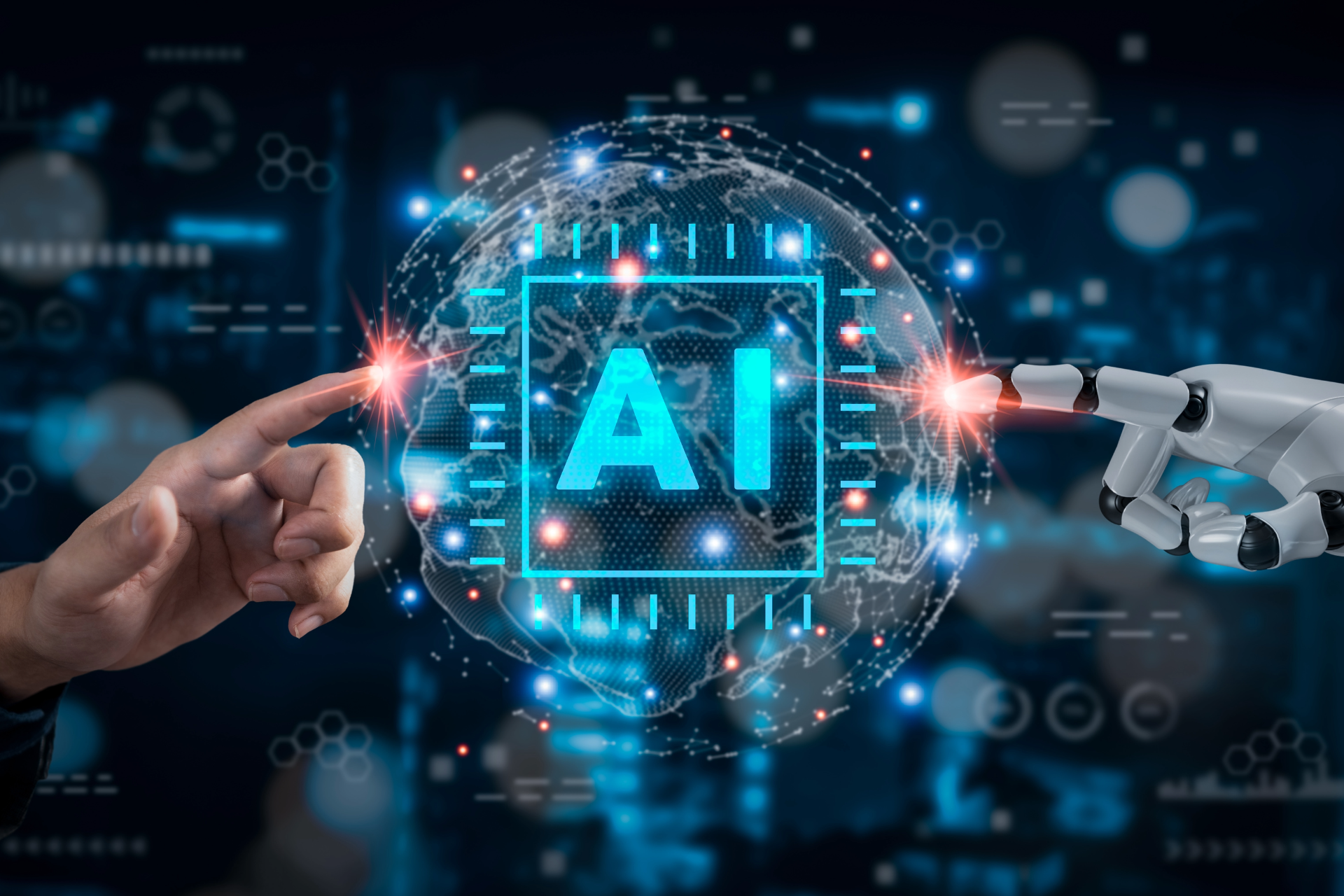Revolutionizing Marketing with AI: The Digital Transformation
Revolutionizing Marketing with AI: The Digital Transformation
Introduction: The Power of AI in Marketing
Artificial Intelligence (AI) has emerged as a game-changer in the marketing industry, revolutionizing the way businesses connect with their customers. With its ability to analyze vast amounts of data, AI enables marketers to gain valuable insights, make data-driven decisions, and deliver personalized experiences at scale. According to a study by Salesforce, 51% of marketers are already using AI, and this number is expected to grow exponentially in the coming years.
AI-Powered Personalization: Enhancing Customer Experience
One of the most significant advantages of AI in marketing is its ability to deliver personalized experiences to customers. By analyzing customer data, AI algorithms can understand individual preferences, behaviors, and purchase history, allowing marketers to tailor their messaging and offers accordingly. This level of personalization not only enhances customer experience but also increases customer loyalty and drives revenue growth.
For instance, Netflix, the popular streaming service, leverages AI to provide personalized recommendations to its users. By analyzing viewing patterns, ratings, and user feedback, Netflix’s AI algorithms suggest movies and TV shows that are likely to be of interest to each individual user. This personalized approach has been instrumental in keeping customers engaged and satisfied, leading to increased customer retention and revenue.
Moreover, AI-powered chatbots have become increasingly popular in providing personalized customer support. These virtual assistants can understand and respond to customer queries in real-time, providing instant solutions and improving customer satisfaction. According to a study by Gartner, by 2022, 70% of customer interactions will involve AI-powered chatbots, showcasing the growing importance of AI in delivering personalized customer experiences.
Predictive Analytics: Unleashing Data-Driven Marketing Strategies
AI’s ability to analyze vast amounts of data in real-time enables marketers to make data-driven decisions and develop effective marketing strategies. Predictive analytics, a subset of AI, uses historical data and machine learning algorithms to forecast future trends and outcomes. By leveraging predictive analytics, marketers can identify potential customers, optimize marketing campaigns, and allocate resources more efficiently.
For example, Amazon, the e-commerce giant, uses predictive analytics to anticipate customer purchasing behavior. By analyzing customer browsing history, purchase patterns, and demographic data, Amazon’s AI algorithms can predict what products a customer is likely to buy next. This enables Amazon to personalize product recommendations and target customers with relevant offers, resulting in increased sales and customer satisfaction.
Furthermore, predictive analytics can help marketers identify potential churners and take proactive measures to retain them. By analyzing customer behavior and engagement metrics, AI algorithms can identify patterns that indicate a customer’s likelihood to churn. Armed with this information, marketers can implement targeted retention strategies, such as personalized offers or loyalty programs, to prevent customer attrition and increase customer lifetime value.
Automation and Optimization: Streamlining Marketing Operations
AI-powered automation has transformed marketing operations by streamlining repetitive tasks, optimizing processes, and improving efficiency. By automating tasks such as data analysis, content creation, and campaign management, marketers can focus on strategic initiatives and creative endeavors, ultimately driving better results.
For instance, email marketing automation has become a staple in the industry. AI-powered tools can segment audiences, personalize content, and schedule email campaigns based on customer behavior and preferences. This not only saves time but also ensures that the right message reaches the right audience at the right time, resulting in higher open rates, click-through rates, and conversions.
Moreover, AI-driven optimization tools can analyze marketing campaigns in real-time and make adjustments to improve performance. By continuously monitoring key metrics such as click-through rates, conversion rates, and return on ad spend, AI algorithms can identify underperforming elements and suggest optimizations. This iterative process allows marketers to refine their strategies and achieve better results over time.
In conclusion, AI has revolutionized the marketing industry by enabling personalized experiences, data-driven decision-making, and streamlined operations. As AI continues to evolve, marketers must embrace its power to stay ahead in the digital transformation. By leveraging AI-powered personalization, predictive analytics, and automation, businesses can connect with customers on a deeper level, drive revenue growth, and gain a competitive edge in the ever-evolving marketing landscape.

